Emperor penguins’ first journey to sea

New research reveals the previously unknown behaviors of juvenile Emperor penguins in their critical early months when they leave their birth colony. Emperor penguins are particularly vulnerable to climate change because their life cycles are so dependent on sea ice.
Mangrove patches deserve greater recognition no matter the size
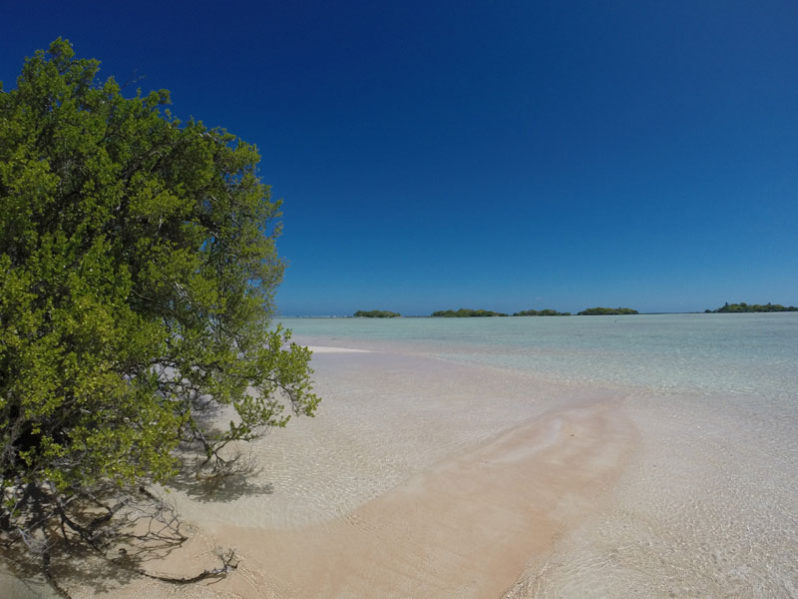
Governments must provide stronger protection for crucial small mangrove patches, experts say.
The women fighting a pipeline that could destroy precious wildlife
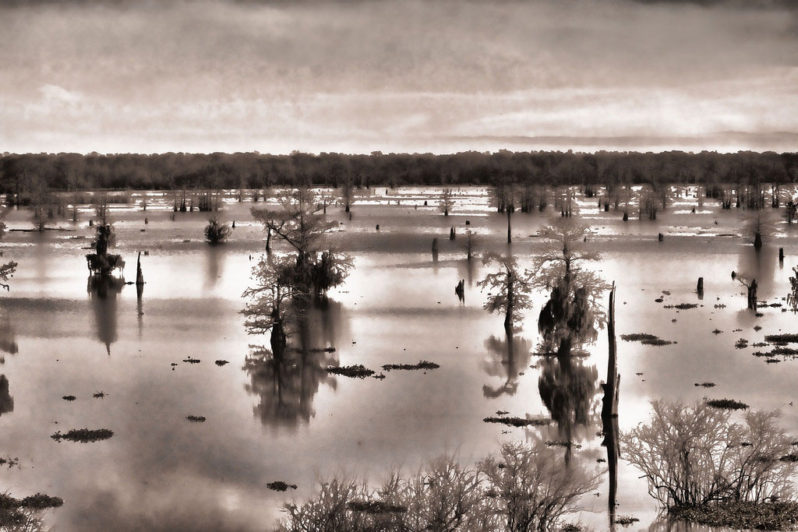
Activists fight to stop construction of the Bayou Bridge pipeline, which endangers an ecosystem that is one of the most important bird habitats in the western hemisphere.
Trump administration expands oil drilling despite shutdown

Interior department continues processing permits and moves forward with controversial plan to increase drilling in the Arctic.
Solving the ancient mysteries of Easter Island
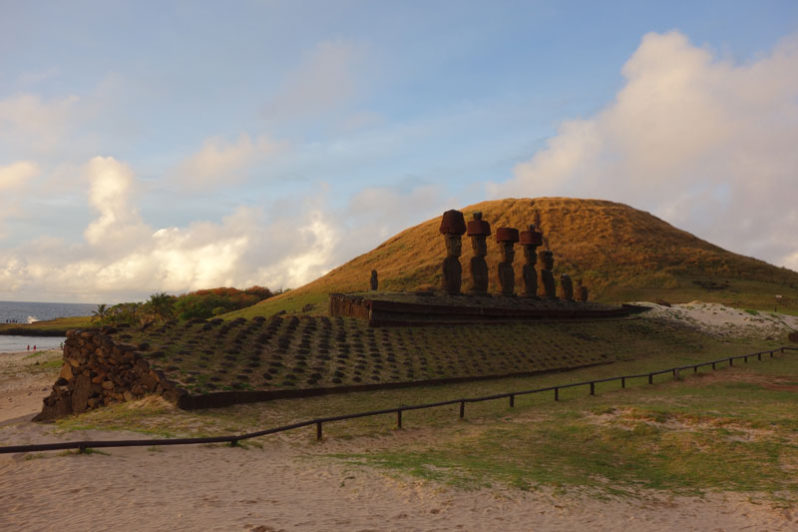
The ancient people of Rapa Nui (Easter Island, Chile) built their famous ahu monuments near coastal freshwater sources, according to a team of researchers.
Argentina: The Atlantic Coast loses two meters of beach per year
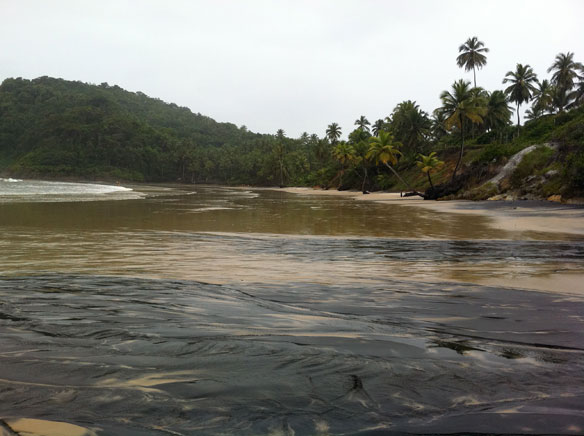
It happens in the main beaches of Buenos Aires, due to the erosion, generated by the loss of dunes, urban intervention, with walls of cement, coastal roads, the afforestation of the dunes and the theft of sand for constructions.
Q&A: ‘There’s a Lot More Climate Finance Available than People Think’
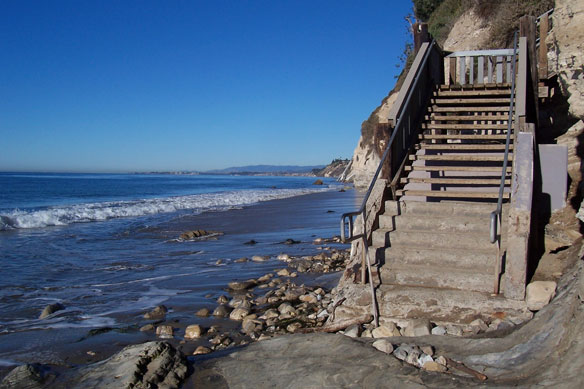
While growth in the green economy looks promising, government regulation and a business-as-usual approach are among the hurdles inhibiting cleaner energy production.
As Disease Ravages Coral Reefs, Scientists Scramble for Solutions

As oceans warm, coral reefs are suffering not only from bleaching but from deadly outbreaks of disease. Researchers are developing remedies, but the key question is whether these solutions can work on a large-enough scale to save vast reef systems from Florida to Australia.
Why more female penguins are washing up dead in South America
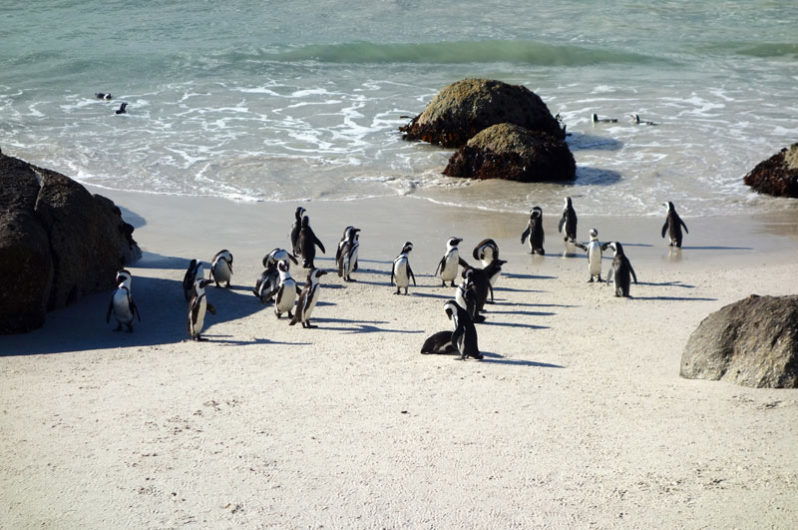
Every year, thousands of penguins become stranded on South America’s coast – with females three times more likely to wash up dead or injured than males.
